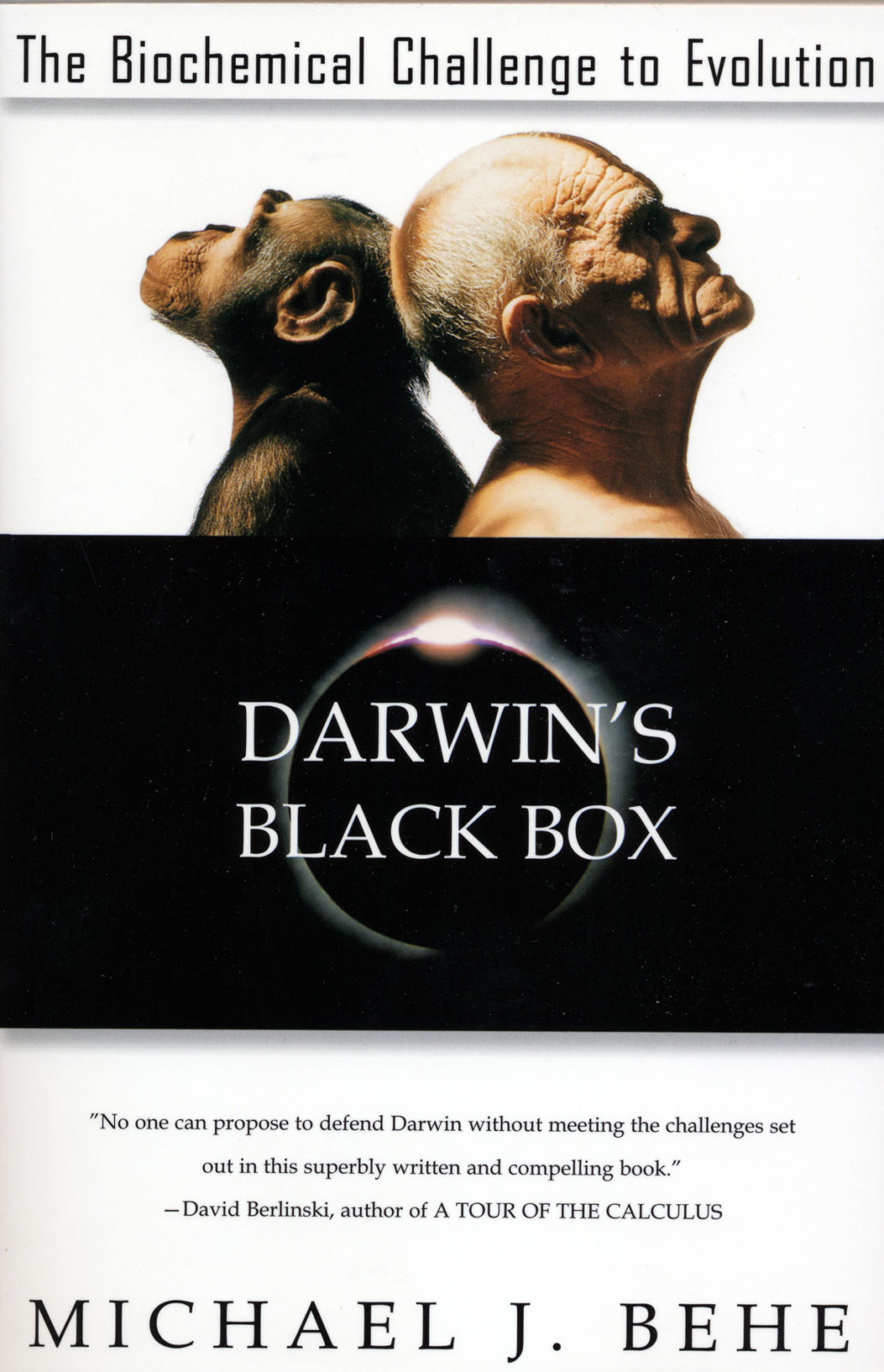


Irreducible Complexity and the Evolutionary Literature

“A True Acid Test”
Science Friday, Scopes Trial 75th Anniversary, part 2
To hear in Real Audio go to “http://www.sciencefriday.com/” Correction: This published transcript incorrectly attributes some remarks to Ed Larson that were actually said by Ken Miller. End correction FLATOW: Now joining me to talk some more about the theory of evolution and maybe how it should be taught in schools are my next guests. Kenneth Miller is a cell biologist Read More ›
Scientist gives Darwin’s theory a nudge
Although scientists have been debating the science of evolution since Charles Darwin’s seminal work on the subject, “On the Origin of the Species,” was published in 1859, one of the more recent developments in this debate has been the emergence of a new concept called “intelligent design.” According to Darwin, humans developed from lower forms of animals over a period Read More ›

The Sterility of Darwinism
As it struggles to comprehend nature, science sometimes has to completely re-think how the world works. For example, Newton’s laws apply to everyday objects but can’t handle nature’s tiny building blocks. Propelled by this discovery, quantum mechanics overthrew Newton’s theory. Revolutions in biology have included the cell theory of life in the 19th century, as well as the slow realization Read More ›

Darwin’s Black Box
In Darwin’s Black Box, Michael Behe argues that evidence of evolution’s limits has been right under our noses, but its undoing is evident at such a small scale that we have only recently been able to see it. The field of biochemistry, begun when Watson and Crick discovered the double-helical shape of DNA, has unlocked the secrets of the cell. There, biochemists have unexpectedly discovered a world of Lilliputian complexity. As Behe engagingly demonstrates, using the examples of vision, bloodclotting, cellular transport, and more, the biochemical world comprises an arsenal of chemical machines, made up of finely calibrated, interdependent parts. For Darwinian evolution to be true, there must have been a series of mutations, each of which produced its own working machine, that led to the complexity we can now see. The more complex and interdependent each machine’s parts are shown to be, the harder it is to defend Darwin’s gradualistic paths. Behe surveys the professional science literature and shows that it is completely silent on the subject, stymied by the elegance of the foundation of life. Could it be that there is some greater force at work?
Read More ›